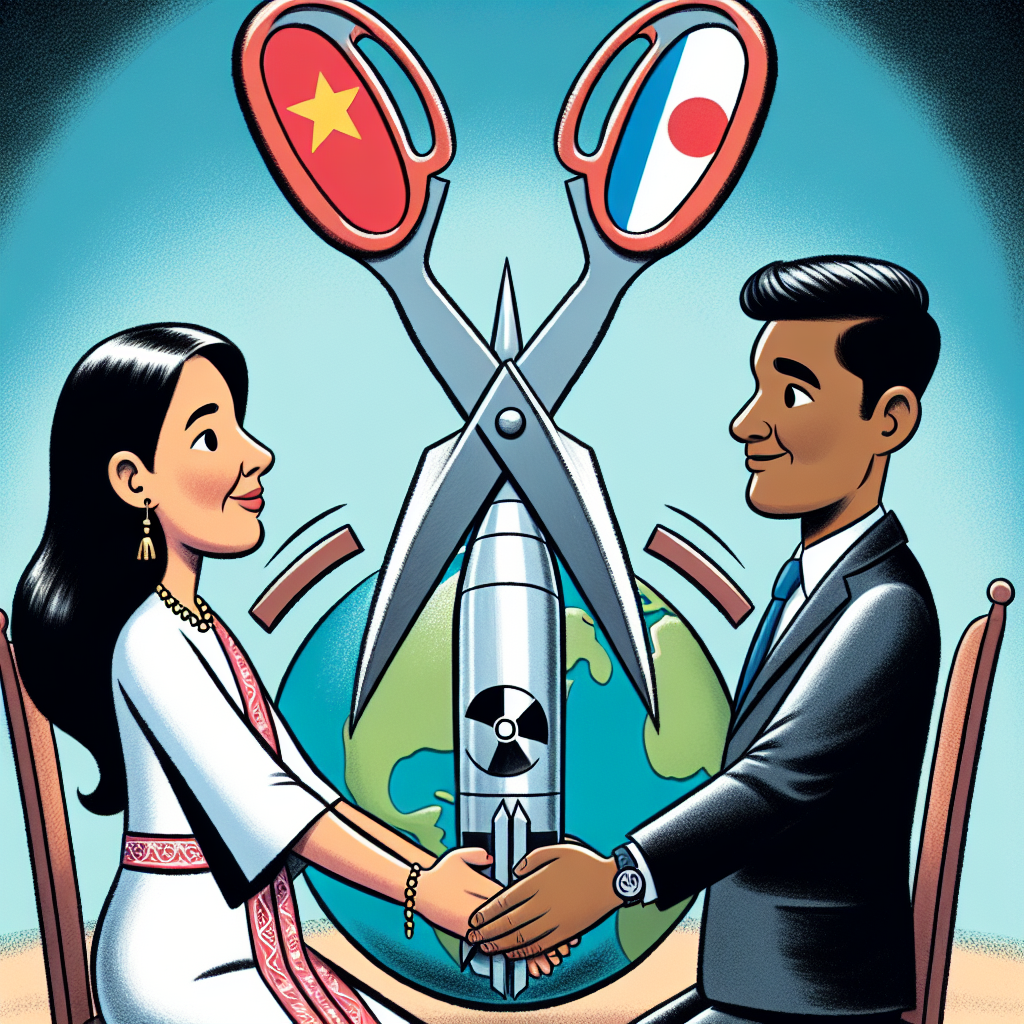Nuclear Tensions: A New Era of Global Uncertainty
Kremlin officials express little hope for U.S.-Russia nuclear arms reduction talks, citing a lack of trust. Amidst rising global nuclear capabilities and strained U.S.-Russia relations, particularly due to conflicts involving Ukraine and China’s growing arsenal, prospects for renewing treaties like New START remain bleak without restored political will.

On Tuesday, senior Kremlin officials indicated minimal chances for a new nuclear arms reduction treaty with the United States, primarily due to insufficient trust and the anticipated spread of nuclear weapons to additional countries.
Moscow's grim outlook coincides with the fading framework of arms control treaties aimed at curbing the nuclear arms race and decreasing nuclear conflict risks, exacerbated by China's escalating nuclear development. Inquiring about potential replacements for the New START Treaty, expiring in February 2026, Kremlin spokesman Dmitry Peskov expressed difficulty envisioning such negotiations currently.
Peskov stressed that discussions on strategic issues require significant mutual trust, a resource presently lacking between Moscow and Washington. This trust could potentially be rebuilt if leaders like Russian President Vladimir Putin and U.S. President Donald Trump pursued it with political resolve.
With Russia and the U.S. commanding the majority of the world's nuclear arsenal, followed by a growing Chinese force, tensions intensify. The conflict in Ukraine further strains relations, evoking memories of the Cuban Missile Crisis. The U.S.'s 2022 warning against Russia's potential tactical nuclear weapon use highlights the grave concern shared by many global actors.
Former Russian president Dmitry Medvedev forecasts a nuclear arms proliferation fueled by Western strategies perceived as proxy warfare against Russia in Ukraine, nudging the world toward a further precarious state.
(With inputs from agencies.)
ALSO READ
Escalating Tariff Battle: China-U.S. Trade Relations on the Brink
Trade War Tensions: US-China Tariff Battle Intensifies
India Emerges as Key Player Amid US-China Toy Tariffs
Strengthening Ties: China and Indonesia's Strategic Partnership
China's Loan Surge: A Strategic Economic Maneuver Amid Trade Tensions










